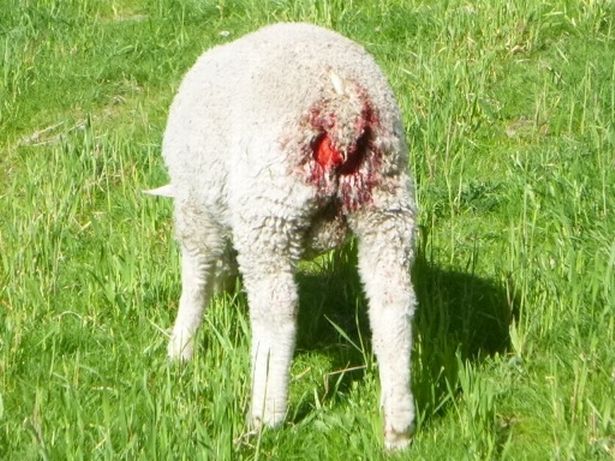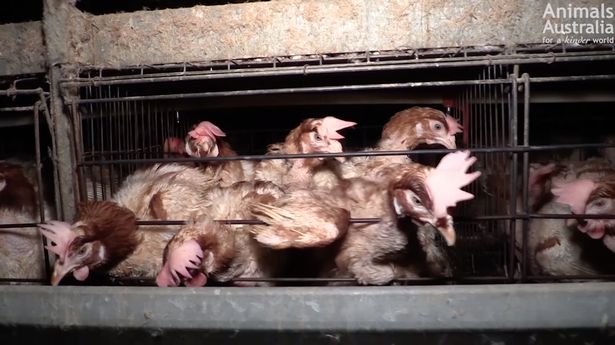Animal charities have joined forces to issue a stark warning about Australia’s low welfare standards days before Britain agrees to a trade deal.
The RSPCA and sister charity – RSPCA Australia – say British consumers could be buying products of practices that are too cruel to be carried out here.
Chief executive of the Australian charity, Richard Mussell, said that standards there “fall below” those in the UK and were “basic at best”.
He said: “We still do not have Australia-wide laws that ban the use of sow stalls in pig production, barren battery cages in egg production or require pain relief for dehorning of calves and mulesing of lambs.
“Standards are rarely audited and, unless implemented into law, which few are, they are only voluntary.
What is your view? Have your say in the comment section

(Image: DAILY MIRROR)
“The lack of national leadership on animal welfare in Australia needs to be addressed urgently if the lives of farm animals are going to be improved.”
Australian farming involves a number of practices which are outlawed in the UK.
These include mulesing, where the skin around lamb’s buttocks and the base of their tail is cut off without pain relief.
It is used to reduce flystrike in merino wool production.
Like news? Sign up to one of the Mirror’s newsletters

(Image: DAILY MIRROR)
But lambs are left with large open wounds which can take weeks to heal.
Although banned in the UK in 2012, the use of barren battery cages for laying hens is legal.
In Australian hens are given space equivalent to an A4 piece of paper per bird and 100,000 birds can be stacked in cages on top of each other, say the RSPCA.
Experts explained how the lack of space causes stress, an inability to perform natural behaviours and health problems.
Chlorinated chicken, which involves carcasses being washed in chlorine to kill bacteria and disease, is banned in the UK.
Australia also permits hot branding of cattle, a painful procedure not found in the UK; the use of hormones – in 40% of beef production; and also non-grazing feedlots, which limits space and the ability of animals to express their natural behaviour.
Sow stalls at 2m long and 60cm wide – banned in the UK in 1999 – which severely restrict pig ability to move so they cannot even turn around, are also used.
There is also no compulsory CCTV monitoring in slaughterhouses, which is mandatory in England.

(Image: DAILY MIRROR)
Beef City Feedlot in Purrawunda, Queensland, a vast, bleak expanse of dust and mud, home to 26,500 cattle who rarely see a blade of grass, is one of the largest beef farms Down Under.
And if the UK government signs a trade deal with Australia, meat from here could soon be on our plates.
The 80 slaughterhouses approved for export in Australia have been rated just two out of four for welfare by RSPCA Australia.
Chris Sherwood, RSPCA chief executive, said: “When many of us think of Australia, we picture farmers rearing animals among vast and idyllic landscapes but the reality is very different.
“What we do when we sign a deal with Australia will symbolise to the rest of the world how we want to be seen.
“We urge the Government to uphold our reputation globally as a leader in animal welfare and not to sign away our high standards for a photo opportunity.”


